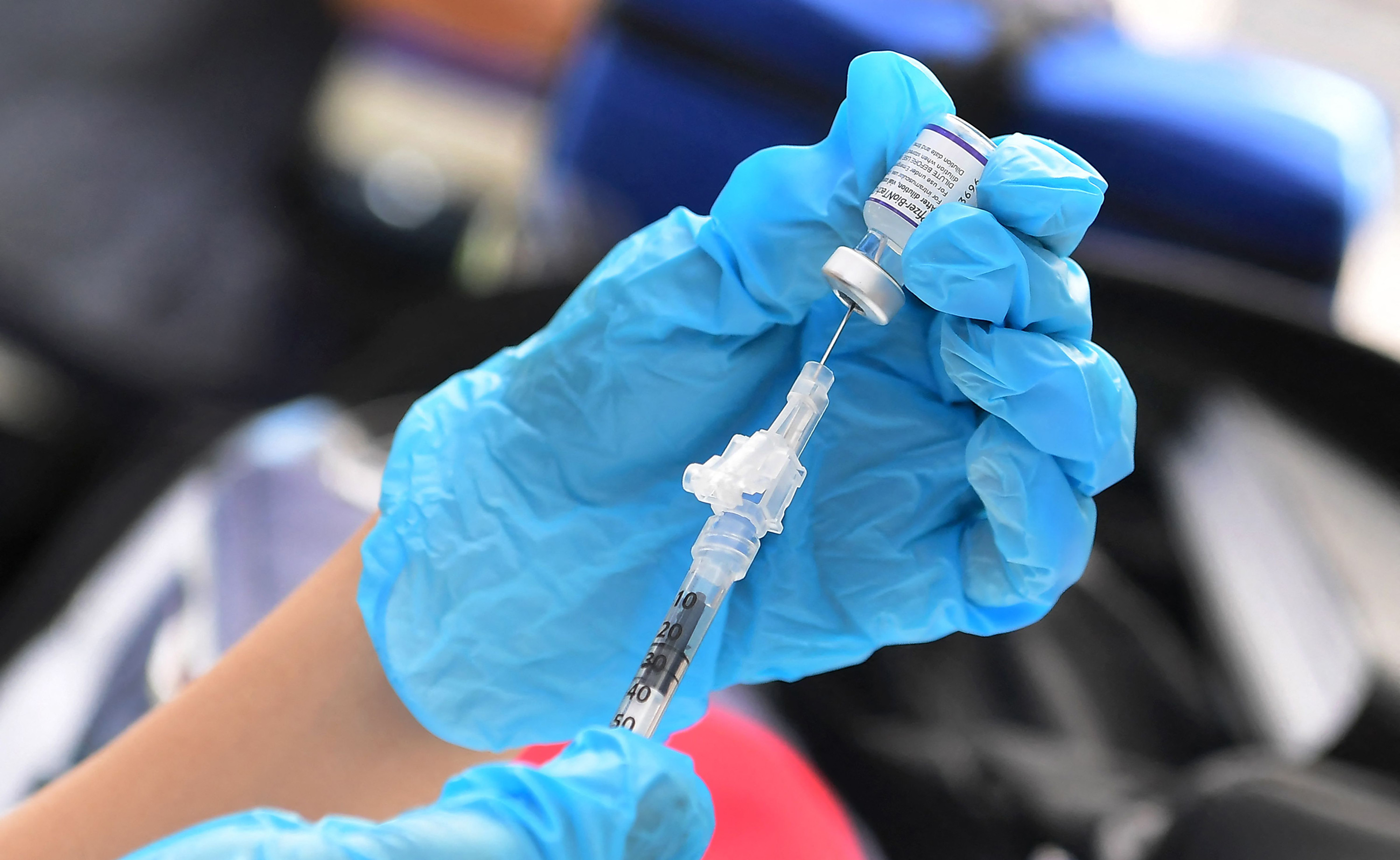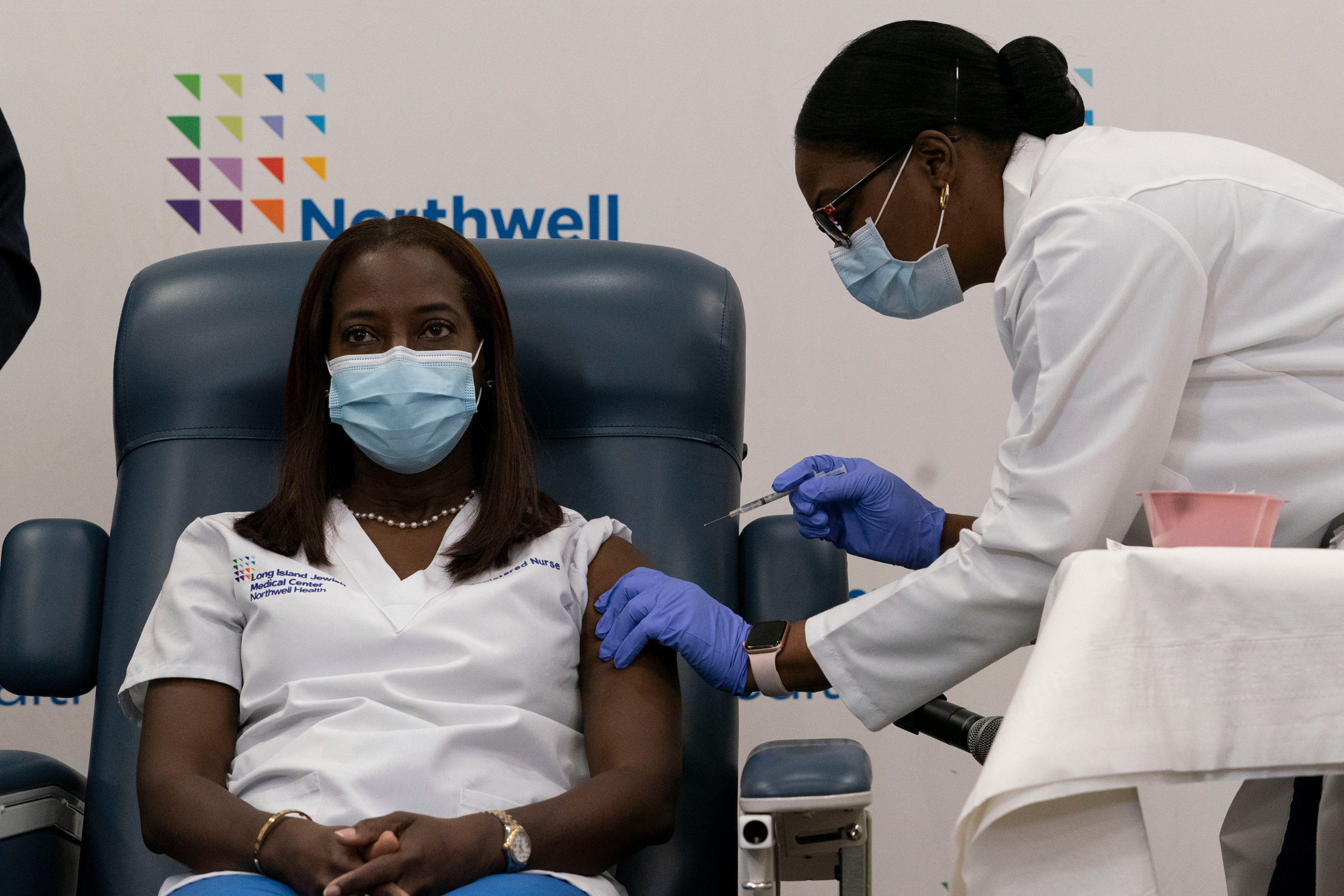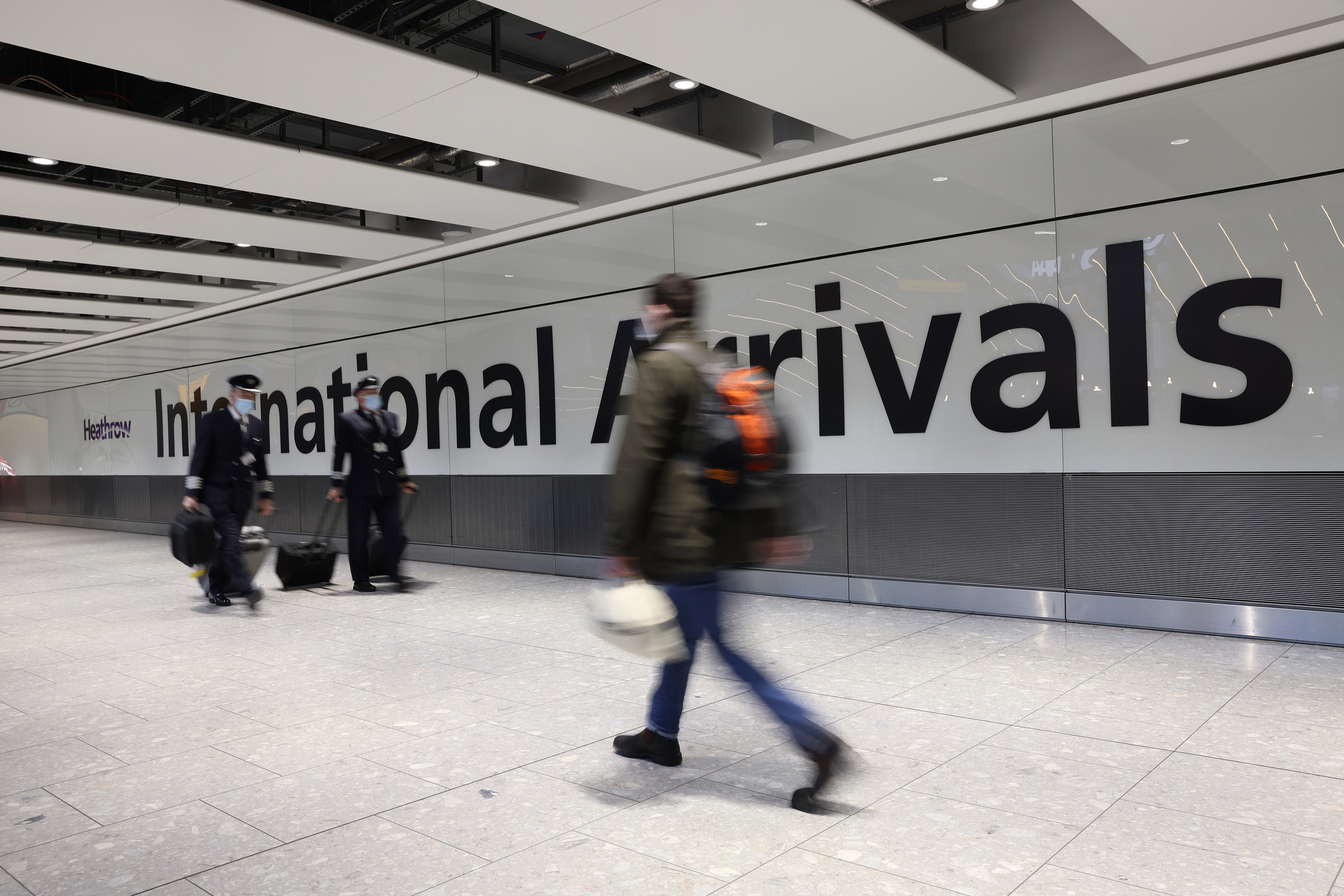The Omicron variant of coronavirus has now been identified in at least 32 states, with experts like Dr. Anthony Fauci saying it is likely to become the dominant strain in the US. Scientists say they believe Omicron is more contagious, but has led to less severe illness so far.
As the holidays loom, health officials from across the world are encouraging people to get vaccinated and boosted.
Here are the other top headlines you need to know on Tuesday:
Omicron variant:
- A South African study indicated that people infected with the Omicron variant are less likely to end up in the hospital than those infected with the original strain of the virus.
- That same study said Pfizer/BioNTech’s vaccine is only about 33% effective against the Omicron variant. Dr. Anthony Fauci said two shots of an mRNA vaccine are not showing to be very good at preventing infection from the virus, but three shots does offer "optimal protection."
- Omicron has been growing rapidly over the last three weeks in the UK, leaving officials worried about the large volume of infected people each day. The UK's Health Security Agency said there is a higher rate of reinfections with Omicron.
Covid-19 pill:
- Pfizer said its experimental treatment for the virus cut the risk of hospitalization or death by 89% if given to high-risk adults within a few days of their first symptoms. Pfizer hopes it can eventually offer the pills, under the name Paxlovid, for people to take at home before they get sick enough to go to the hospital. But, Pfizer's CEO said the pill is not prevention and people should still get vaccinated.
Global vaccination effort:
- Officials in Nigeria say the country will destroy one million expired Covid-19 vaccines. The country said it would no longer accept vaccines with a short shelf life.
- In the meantime, the World Health Organization’s regional office for Africa says it is necessary to “dispel” the notion that vaccines are being wasted, explaining less than 0.25% of doses made available to the continent have expired.
The pandemic around the globe:
- South Korea has reported a record number of Covid-19 patients in critical condition and Covid-19-related deaths from Monday. The country reported more than 5,500 new cases yesterday.
- Greece also has recorded its highest daily death toll from the virus since the beginning of the pandemic with 130 deaths, according to government officials.
- The Italian government has approved an extension of a state of emergency until March 31 next year, according to a statement on Tuesday. Italy has suffered the biggest rise in Covid-19 deaths since May with 120 in the last 24 hours.






